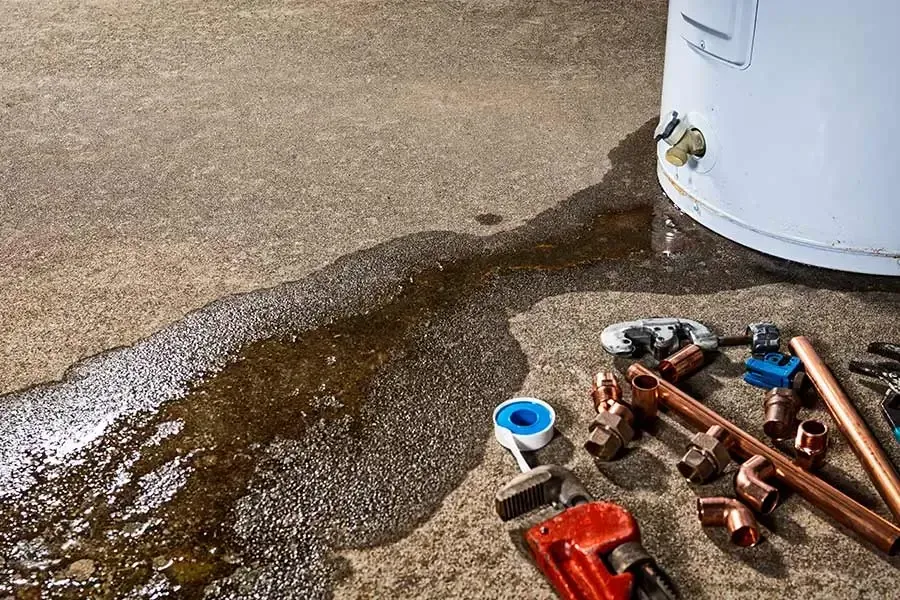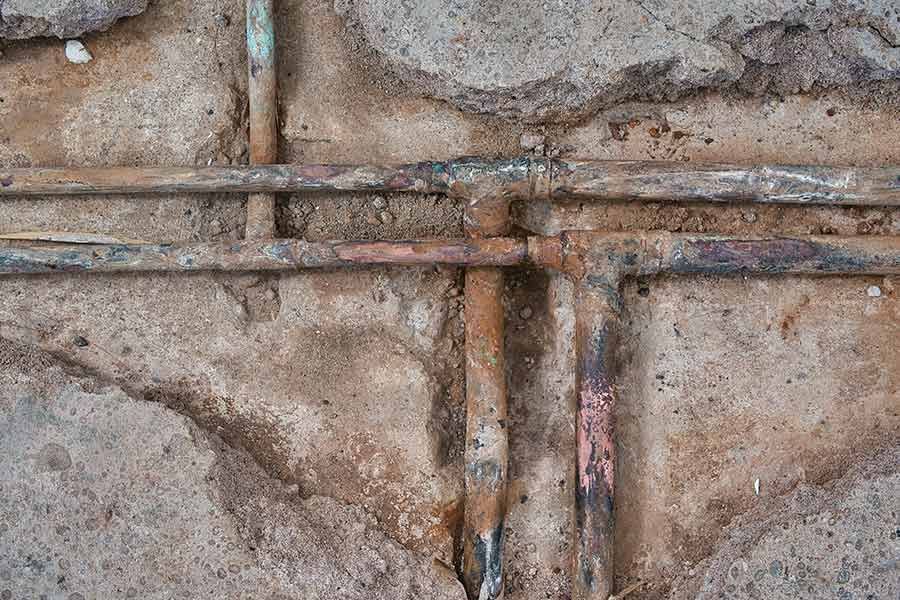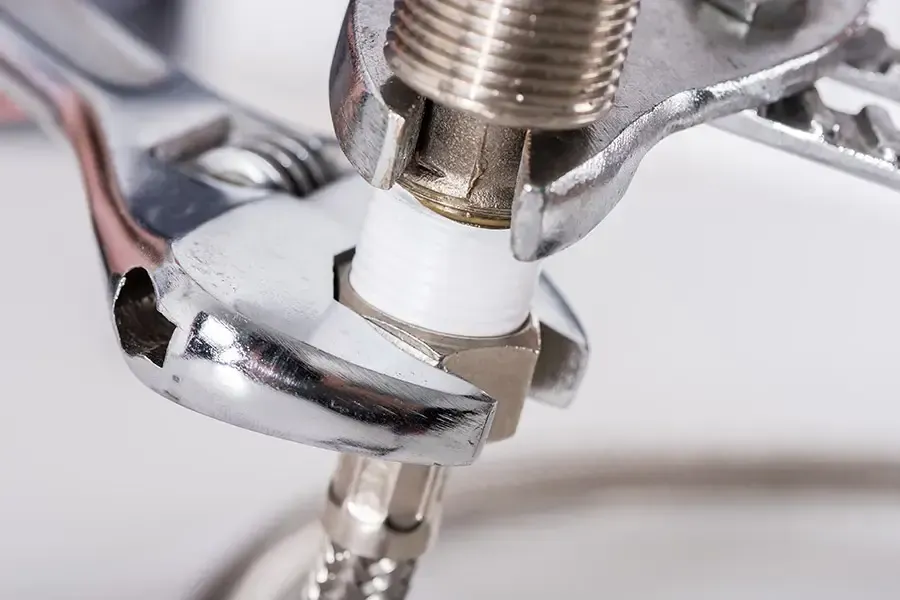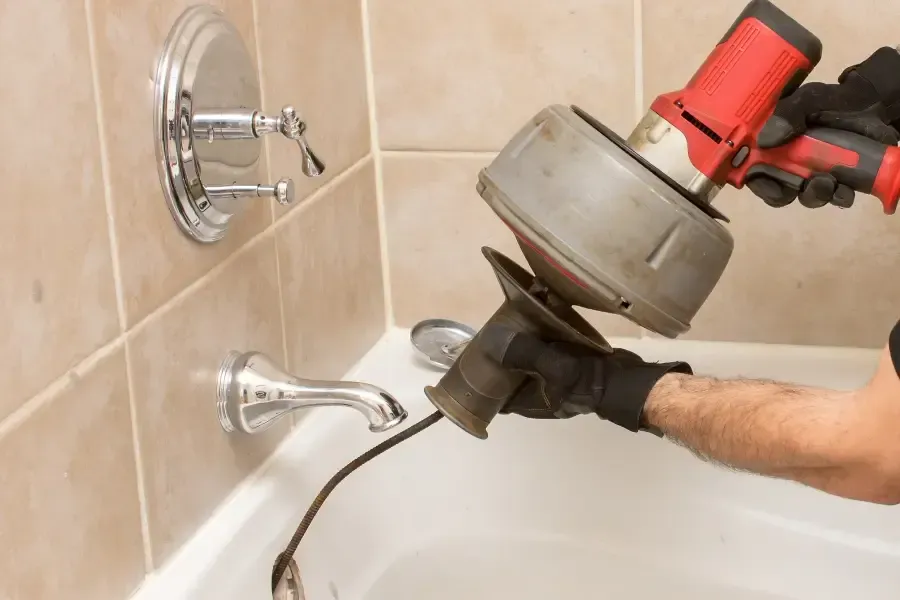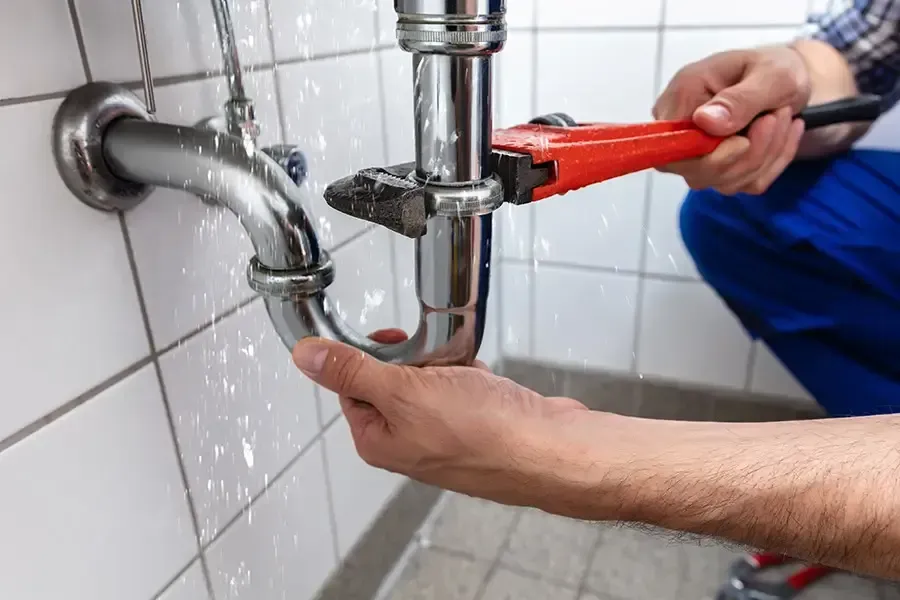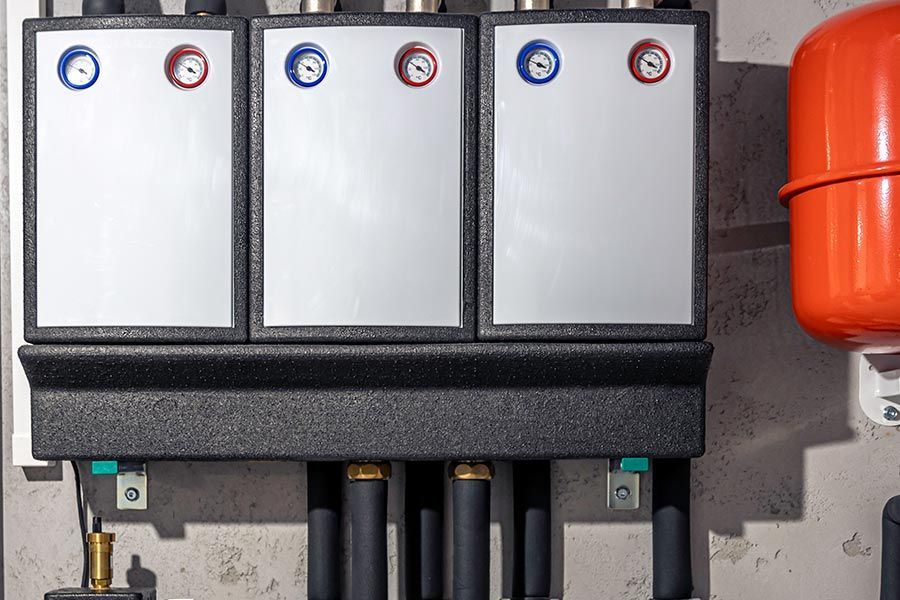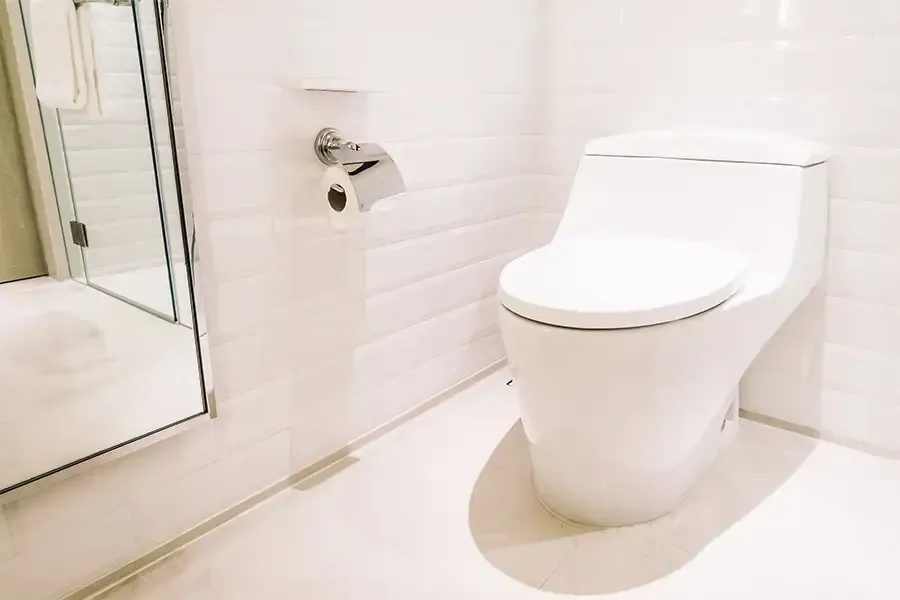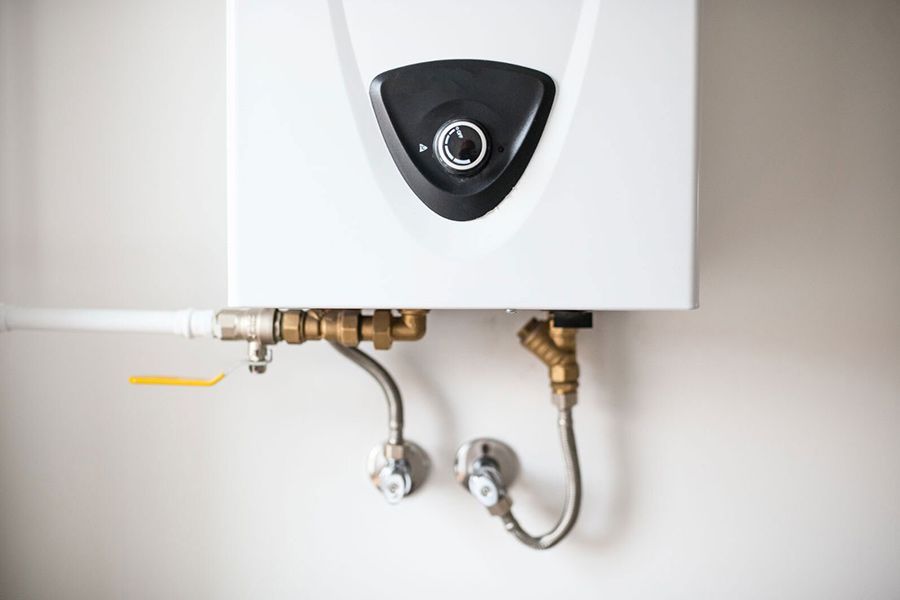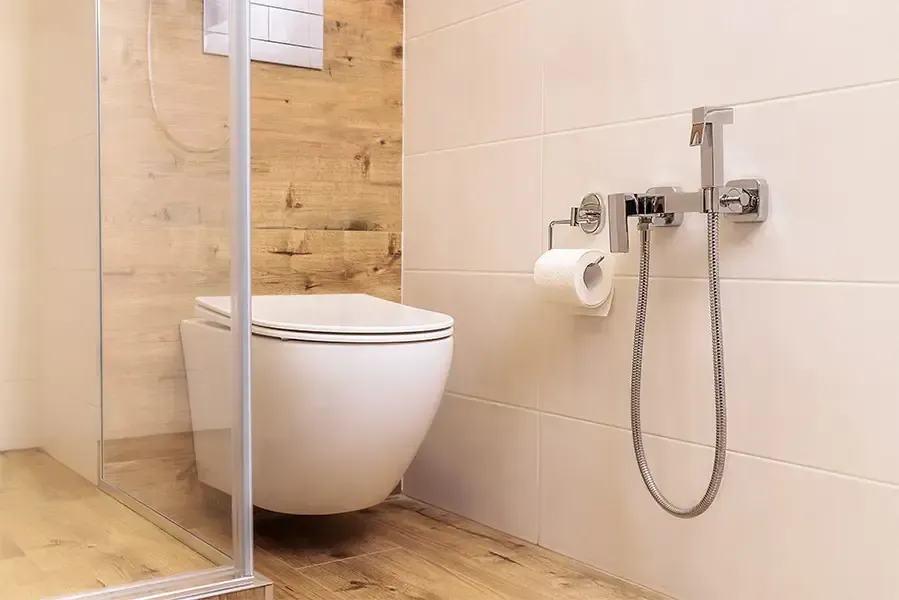We have 24 Hour Service!
Rust in the Hot Water Heater: Why Does It Happen?
You might wonder why there would be rust in the hot water heater, and we’re here to help you understand why it happens and what to do if you find rust in your hot water. You can rely on Wickliffe's water heater repair to resolve the issue by calling Formica Plumbing & Sewer Co. at 440-485-3850 today.
Signs of Rust Forming in the Water Heater
The most obvious sign of rust in the hot water heater is watching rusty water with a red or brown tinge flow out of your faucets. While finding rust in your hot water may be startling, it is not necessarily hazardous to your health, but it is a clear sign that your water heater needs expert attention as soon as possible.
However, discolored hot water isn’t the only sign that can indicate a problem inside your hot water tank or an issue with the tank itself. You might suspect that there is rust in the hot water heater if you see either of the following signs:
- You use far more gallons of water each month than usual due to potential leaks from the damage corrosion causes to the system and delivery lines.
- You discover fluctuations in the temperature while using the hot water without adjusting the control knob.
- You notice a decrease in heating efficiency or a reduction in how long you can use the hot water.
These signs indicate a need for professional hot water heater maintenance services like repair or replacement, even if rust isn’t the direct cause of the problem. Only a qualified technician will be able to appropriately diagnose the issue and provide the necessary solution.
What Causes Rust in the Hot Water Heater?
So, what causes rust to begin showing up in your water heater? The primary cause of rust in the hot water heater is a failure of the anode rod. This rod helps control sediment buildup in the tank by attracting the corrosive materials of the hard water in the supply line to itself instead of allowing it to block other parts.
Over time, this rod will need replacement, which is a relatively simple repair for a skilled plumbing crew. In many cases of rust-colored water, your technician will only need to replace the rod to repair the issue. In some cases, the water heater may simply be too old to continue working properly, requiring a complete replacement of the system.
If your water supply has a high level of minerals, you may need to take a few more proactive steps to prevent and reduce water heater issues, including annual tank flushing services or installing a water softener. Learn more about water heater safety so you can take the appropriate precautions and protect your home.
Some households may rely on older water supply lines that can also contribute to discoloration of water in both the cold and hot water coming from the faucet. Trust your local plumbing technicians to determine the most likely cause of rust-colored water in your home.
Where Else Can Rust Develop on the Water Heater?
In addition to potentially discovering rust in the hot water coming out of your faucets or shower heads, there are other areas where rust can develop that you should take note of. We review the most common areas where you might find rust on or around your water heater system below.
Water Heater Exterior
The water heater tank’s exterior can begin to degrade over time from exposure to moisture which contributes to the oxidation of metals. Because the tank contracts and expands frequently, any loss of structural integrity can lead to a complete breakdown of the tank.
If rust begins to develop around the surrounding shell of the water heater, your home may be at risk of water damage from leaks when the tank becomes too brittle to accommodate the temperature change as the tank fills with cold water and heats up.
You will need to take fast action and speak with a water heater expert to schedule a replacement water heater installation service to prevent damage to your home at the first signs of rust on the outer body of your water heater.
Heat Exchanger
The heat exchanger is another vital part of the water heater and consists of a coil that makes it possible to heat the cool water within the heating tank. Damage to this part from rust and corrosion can contribute to the release of combustible gases that pose a danger to your health.
Only a trained and fully-equipped plumbing technician can diagnose and repair this issue after a detailed inspection of the water heating system in your home.
Pressure Relief Valve
Every hot water heater includes a safety feature in the event that your system needs relief from pressure. This feature is also essential for the proper flushing maintenance procedure. If rust begins developing here, it may severely compromise the safety of the tank during daily operation.
Take action quickly to prevent this issue from causing harm to your home and complicating your lifestyle. Rely on the team at Formica Plumbing & Sewer Co. to provide knowledgeable plumbing professionals that will handle every detail of a water heater replacement service for you.
Professional Repair for Hot Water Heaters
The water heating system depends on both a pressurized water supply and a fuel source, which both require advanced knowledge and specialized tools to fix the problem safely. The professionals at Formica Plumbing & Sewer Co. is ready to provide the water heater services you need.
With this information, you will know what to do if you ever find reddish or brownish water flowing from your household faucets. When your water heater begins showing any sign of rust, it’s time to contact a reliable plumbing company for expert water heater replacement or repair services.
If you suspect there is rust in the hot water heater, call
440-485-3850 to schedule an appointment with Formica Plumbing & Sewer Co.
Formica Plumbing and Sewer Co. provides courteous, friendly, affordable, and effective residential and commercial plumbing services.
OUR SERVICES
CONTACT INFO.
Formica Plumbing & Sewer Co.
1445 E 289th St, Wickliffe, OH 44092
Plumbing License # 47834
EMERGENCY SERVICE
AVAILABLE
All Rights Reserved | Formica Plumbing and Sewer Co.

